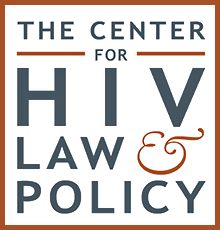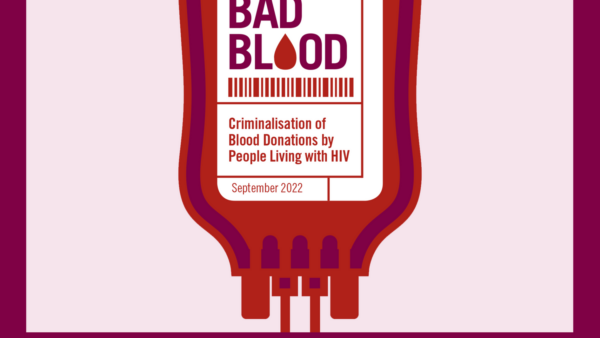Overview
The U.S. Virgin Islands maintains an HIV ‘exposure’ law which applies under certain circumstances. We are not aware of any cases of enforcement under this law or applying general criminal law.
The law criminalises HIV ‘exposure’ in three situations; through unprotected sexual activity, sharing needles or syringes, or donating or selling blood, semen, tissues, organs, or other bodily fluids for use by another (see our report, Bad Blood, for a global analysis of the criminalisation of blood donations). In all cases the person living with HIV must be aware of their status, fail to disclose their status, and have the ‘specific intent’ to transmit. The law therefore builds in defences of disclosure and condom use (in the case of sex). It also explicitly states that evidence of knowledge of HIV status is not in itself sufficient to prove ‘specific intent’. Furthermore, ‘sexual activity’ is defined narrowly to include only acts capable of transmission, namely vaginal and anal intercourse.
Although these requirements narrowly define the scope of criminalisation, there is no requirement for transmission to occur, meaning that potential or perceived exposure ‘with intent’ is sufficient. The penalty for this offence is up to ten years’ imprisonment and/or a fine.
Health laws also permit officials to order the examination of people suspected of having STIs, as well as people convicted of sex work offences. People found to be living with STIs can be placed in a hospital for treatment, and refusal to comply can result in up to 180 days’ imprisonment and a fine, while leaving hospital early can result in up to 30 days’ imprisonment. Health laws also impose a penalty of up to 180 days’ imprisonment and/or a fine for those who cohabit with another while knowingly living with STIs.
For a detailed analysis of HIV criminalisation in the United States, see the Center for HIV Law and Policy report, HIV Criminalisation in the United States: a Sourcebook on State and Federal HIV Criminal Law and Practice.
Laws
USA Virgin Islands Code Title 14 § 888
Exposure by another of HIV
(a) Any person who exposes another to the human immunodeficiency virus (HIV) by engaging in unprotected sexual activity or by sharing hypodermic needles/syringes when the infected person knows at the time of the unprotected sex/sharing of needles that he is infected with HIV, has not disclosed his HIV-positive status, and acts with the specific intent to infect the other person with HIV, shall be fined not more than $10,000 or imprisoned not more than ten years, or both.
(b) Any person who exposes another to the human immunodeficiency virus by donating, selling, or attempting to donate or sell blood, semen, tissues, organs, or other bodily fluids for the use of another, except as determined necessary for medical research or testing, and when the infected person knows at the time that he is infected with HIV, has not disclosed his HIV-positive status, and acts with the specific intent to infect another person with HIV, shall be fined not more than $10,000 or imprisoned not more than ten years, or both.
(c) Evidence that the person had knowledge of his HIV-positive status, without additional evidence, shall not be sufficient to prove specific intent.
(d) Transmission of the Human Immunodeficiency Virus does not have to occur for a person to be convicted of a violation of this section.
(e) As used in this section, the following definitions shall apply:
(1) “Sexual activity” means insertive vaginal or anal intercourse on the part of an infected male, receptive consensual vaginal intercourse on the part of an infected woman with a male partner, or receptive consensual anal intercourse on the part of an infected man or woman with a male partner.
(2) “Unprotected sexual activity” means sexual activity without the use of a condom.
Further resources
Not all laws used to prosecute people living with HIV in this state are included on this page. For a comprehensive overview and analysis of HIV-related criminal and similar laws and policies, visit The Center for HIV Law and Policy

